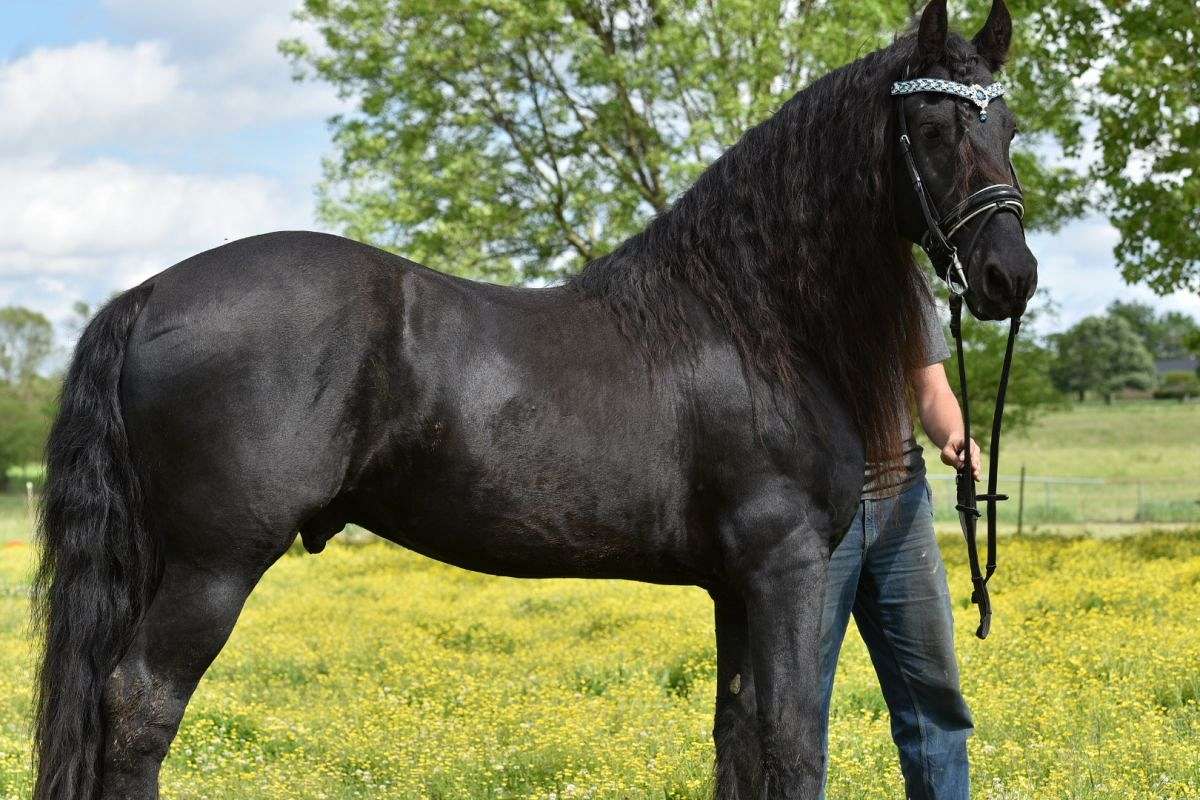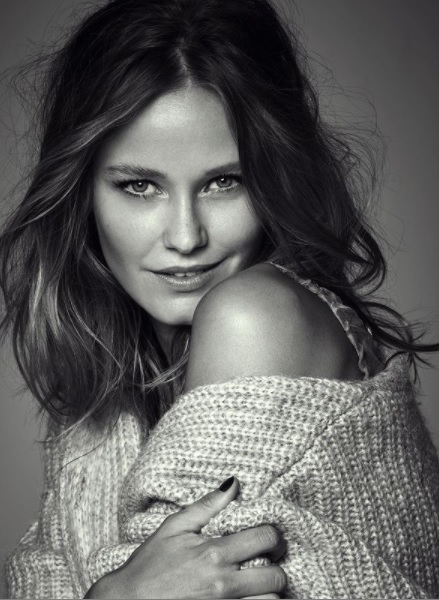. . . . La Leyenda El Cid (2020) Season One, AmazonP Spanish Original Series
The set piece of the first episode is a joust celebrating the meeting of the King of Navarre with the King of Leon. I'm unsure as to whether jousts in royal lists of this nature were in play back in 1060, when Rodrigo 'Ruy" Díaz de Vivar, who will one day be known to all Spanish as el mío Cid, has only very recently been promoted from mere page to squire -- but I may be wrong. I am finding anachronisms though, which I do know are such, but there are also cultural and social bits that are historically just right, and are sheer joy -- which so far at least, this series is for my kind of watcher: pure joyeous (early) medieval period television. This is the most lavish and expensive Spanish tv ever, and it looks it. In Spanish, but dubbed into English -- or it can be watched in Spanish with English subtitles.
 |
| Contemporary Friesian Stud; They Are Still BIG! |
A discussion about the New! Huge! Friesian (Dutch) Horse! introduced as a gift at the León court, also gave me great pleasure, as experienced warriors admire the stallion, agree he's magnificent, and also think falling off a horse this big is a long fall. Recall this is Spain, long before the Reconquista: the much lighter, but swift, strong and durable desert horse breeds are by now nearly indigenous to the Peninsula. As well Iberia was famous for horse breeding already by Caesar's time. As this is a Spanish production then, the horses are all A++ quality.
Nor are the mules forgotten. Riding, or driving, a high bred mule is not a sign of low status in Spain in those centuries. Mules were prefered by doctors, scholars, and even many high Churchmen, as well as by Muslim wise men and diplomats such as the series's character of Abu Bakr (though I don't know -- or don't yet -- whether this is one of the historical Abu Bakrs of 11th - 12th Century al-Andalus or not -- in Islamic history there are many Abu Bakrs).
Got a kick from the references to the Normans and their New! Innovative! Superior! way of carrying lances on horseback.
 |
| Medieval Moorish Warrior Mounts |
Birds are significant others as well in 11th Century Iberia. Ruy attempts to read warnings, signs and portents when he encounters them. In my Turkish 14th C fave, Ertugrul, the hero talks to his horse; Ruy talks to birds -- more accurately, he asks the birds questions, whereas Ertugrul opines, and his horse, who knows him well, tends to laugh. But the Spanish of the days of Castile y León aren't known to laugh much at birds of good or bad omen . . . .
This is spectacular tv, particularly if one owns a big screen tv. All real world locations. Very colorful (and dusty). Nor is there CGI. Those wonderful long trains of armies or trade caravans that reach way back down the roads are all real people on real horses, just like in ye olden days of film. . The castles would not be that weathered and eternal looking though. Which is something I noticed way back when I was a kid way back when a kid sitting in the Film Forum for classics, independent and revival titles, adoring the castles in that Charleton Heston El Cid. Nevertheless I saw it three times.
anyway -- besides, Sophia Loren! whom we miss greatly in this series, as Lucía Guerrero, the actor playing Doña Ximena Díaz del Cid, doesn't (so far) provide the fire we know Ruy's wife possessed, and Ms. Loren possesses too).
It's only 5 episodes, alas. And I'm sensing he's not our legendary el mío Cid by the end of them, because 5 episodes don't seem to be enough time to get there, with all the Iberian Peninsular politics, royal intrigue and betrayal among all the Christian states' murderously dysfunctional families (not matter how the centuries roll, some things don't change).
The series begins when Ruy's a page and a squire. After the second episode he's still not even a knight,which is as far as I've gone so far, trying to not use it up all my delight all at once. The actor, Jaime Lorente, ... though young, looks too old to be either page or squire. Does this mean they thought ahead, of Lorente aging convincingly into el mío Cid? Will there be a season 2? I sure do hope so.
~~~~~~~~~~~
The day before the snow storm I as able to score a copy of War Lord (2020) the final novel (#13) in Bernard Cornwell's Saxon Tales series, a/k/a via the BBC - Netflix adaptation, The Last Kingdom. Thus I'm well fixed, between arid Spain and wintery mix, 10th century, Northumbria, though I will be sorry to take leave of Uhtred, son of Uhtred, who also was son of Uhtred. But even this Uhtred knows his story has run its course, he's held his final shield wall. There is no choice. Destiny, Fate -- are all.





No comments:
Post a Comment